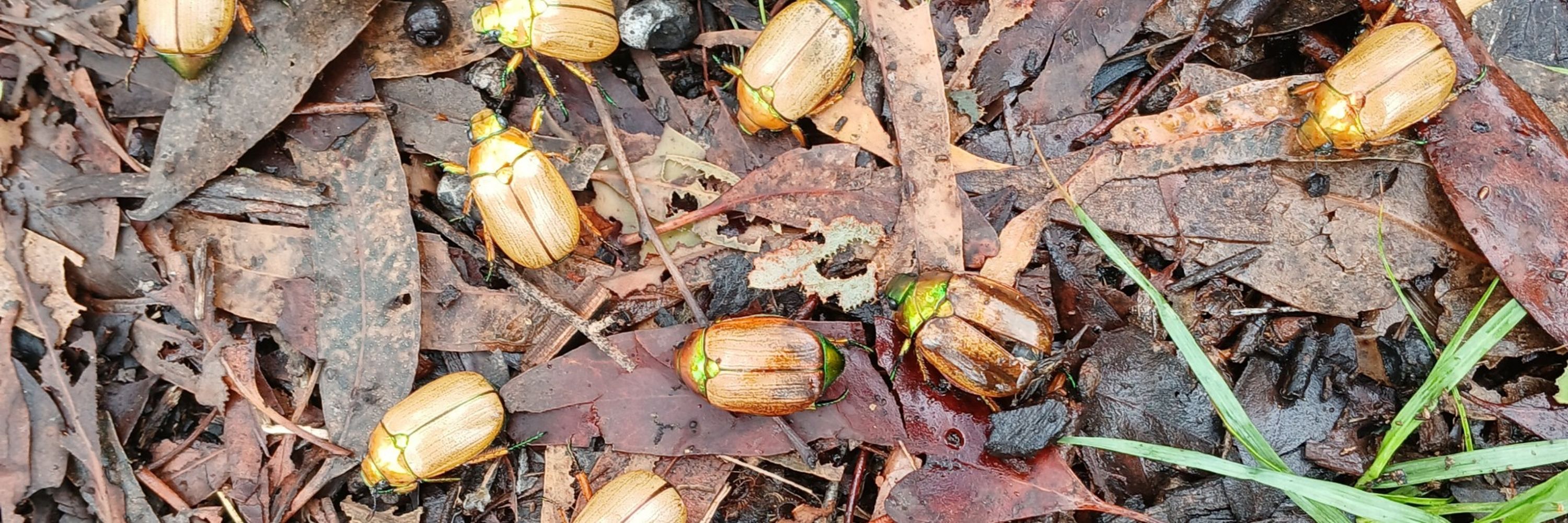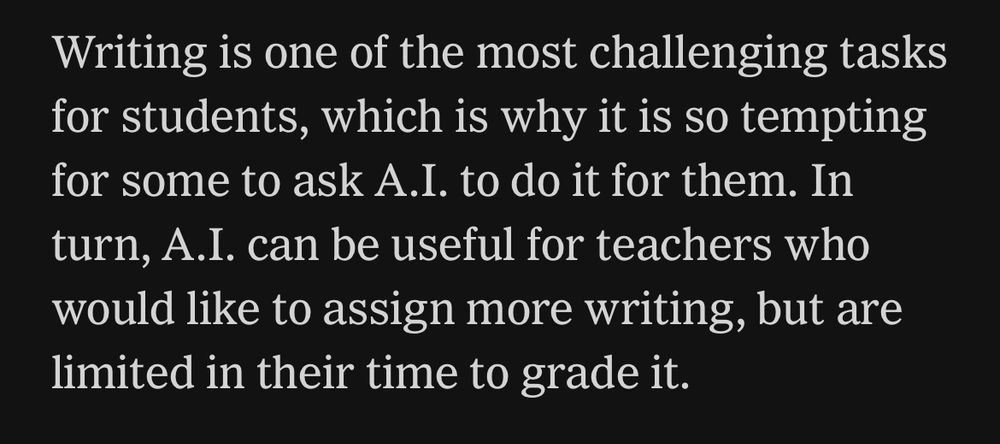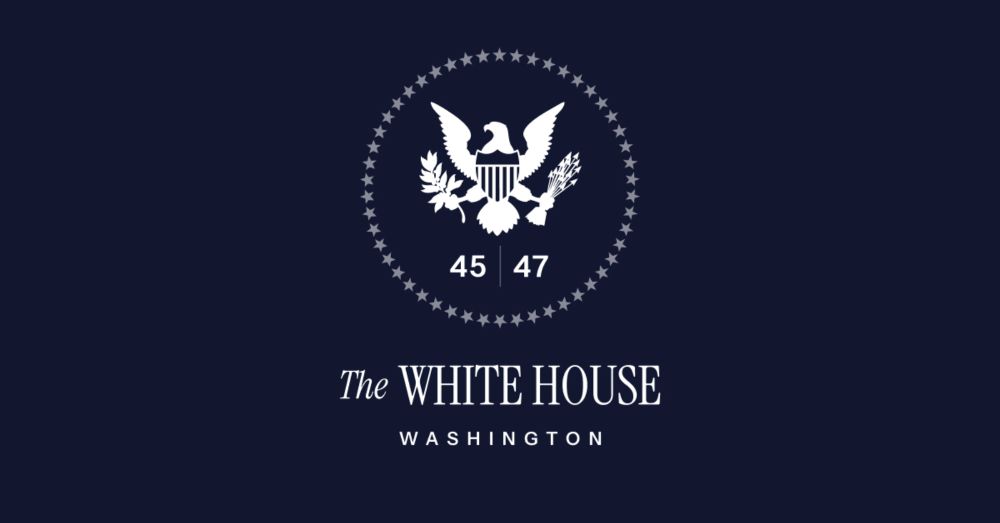Dr Manu Saunders
@manusaunders.bsky.social
4.9K followers
1.4K following
470 posts
Ecologist. Mum. Writer.
Senior Lecturer Uni New England (Australia).
Editor in Chief: Insect Conservation and Diversity.
Anaiwan Country. My words. She/her.
https://ecologyisnotadirtyword.com
https://saundersecologylab.com/
Posts
Media
Videos
Starter Packs
Reposted by Dr Manu Saunders
Reposted by Dr Manu Saunders
Reposted by Dr Manu Saunders
Reposted by Dr Manu Saunders
Reposted by Dr Manu Saunders
Reposted by Dr Manu Saunders
Reposted by Dr Manu Saunders
Reposted by Dr Manu Saunders
Reposted by Dr Manu Saunders











![3.2 We do not have to ‘embrace the future’ & we can turn back the tide
It must be the sheer magnitude of [artificial neural networks’] incompetence that makes
them so popular.
Jerry A. Fodor (2000, p. 47)
Related to the rejection of expertise is the rejection of imagining a better future and the rejection
of self-determination free from industry forces (Hajer and Oomen 2025; Stengers 2018; van Rossum
2025). Not only AI enthusiasts, but even some scholars whose expertise concentrates on identifying
and critically interrogating ideologies and sociotechnical relationships — such as historians and gender scholars — unfortunately fall prey to the teleological belief that AI is an unstoppable force. They
embrace it because alternative responses seem too difficult, incompatible with industry developments,
or non-existent. Instead of falling for this, we should “refuse [AI] adoption in schools and colleges,
and reject the narrative of its inevitability.” (Reynoldson et al. 2025, n.p., also Benjamin 2016; Campolo and Crawford 2020; CDH Team and Ruddick 2025; Garcia et al. 2022; Kelly et al. 2025; Lysen
and Wyatt 2024; Sano-Franchini et al. 2024; Stengers 2018). Such rejection is possible and has historical precedent, to name just a few successful examples: Amsterdammers kicked out cars, rejecting
that cycling through the Dutch capital should be deadly. Organised workers died for the eight-hour
workday, the weekend and other workers’ rights, and governments banned chlorofluorocarbons from
fridges to mitigate ozone depletion in the atmosphere. And we know that even the tide itself famously
turns back. People can undo things; and we will (cf. Albanese 2025; Boztas 2025; Kohnstamm Instituut 2025; van Laarhoven and van Vugt 2025). Besides, there will be no future to embrace if we deskill
our students and selves, and allow the technology industry’s immense contributions to climate crisis](https://cdn.bsky.app/img/feed_thumbnail/plain/did:plc:vsyj5jtayxcq5dw5mtja4xtb/bafkreidzio5vcvzus3xjqxcpav64pwk2gwslwslogabl7b5dzhn6egf37i@jpeg)












